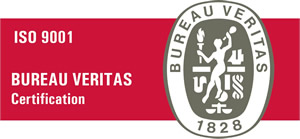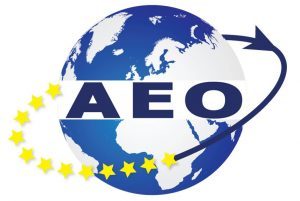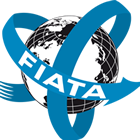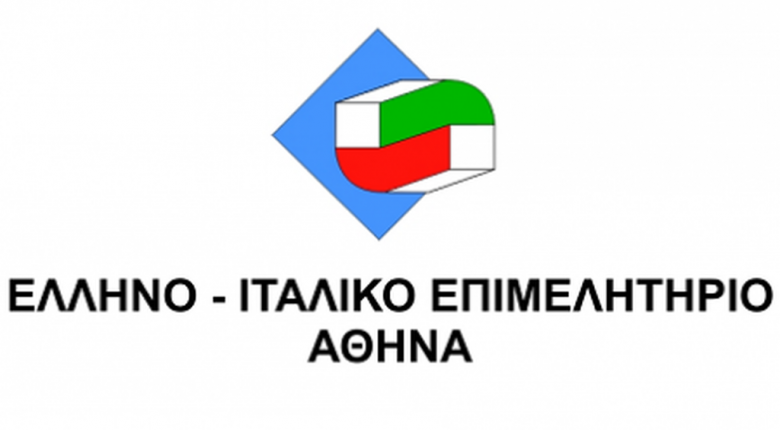THE PORT OF PIRAEUS: THE MEDITERRANEAN’S POWERFUL NEW RESOURCE FOR COTTON SHIPPERS
BY BILL RINIOTIS
Managing Director, Multifreight
|
|
|
| The Port of Piraeus |
At the end of last year, a new and reliable logistics solution became available for the Mediterranean cotton industry: the COSCO Piraeus terminal, which permits the storage of cotton using free zone type 1 benefits.
Greece’s Cosco Group, which signed an agreement with the Greek government for a 35-year concession at the Port of Piraeus, has invested 380 million euros to upgrade Pier II, construct Pier III, and put into place all of the necessary port equipment for the container terminal. Cosco plans to invest an additional 230 million euros to integrate Pier III, bringing the terminal capacity to greater than 6.2 million twenty-foot equivalent units (TEUs).
Investing in Explosive Growth
Cosco’s investments in the Port of Piraeus began in June 2010, and the growth in TEU-handling capabilities over these last five years highlights the increasing importance of the Piraeus free zone, which has posted some of the highest growth rates of any port in the world:
• In 2010, Pireaus terminals could handle about 685,000 TEUs.
• That number skyrocketed to 2.98 million TEUs in 2014.
• The growth is expected to continue this year, with 2015 forecasts putting the number at more than 3.25 million TEUs.
The port, which obtained its International Ship and Port Facility Security (ISPS) certificate in May 2011, operates in free zone type 1 – meaning it is free from customs formalities – and follows a “strike free” model, operating 24 hours per day, 7 days per week, 363 days per year.
Cosco’s big investment provides a heavy and robust infrastructure for the local market, but also offers intriguing options for China and the Far East, South Europe, East Europe, the Balkans, North Africa, the Middle East, and Russia. The strategy is to take advantage of Piraeus’ advantageous geographical location, which enables the maritime and business communities to use the port as a hub for combined transport of cargoes that are later re-distributed by road, rail and sea.
The Port of Piraeus is also linked to the existing European rail network that reaches into Central Europe, with short transit times:
• Sofia/Skopje in 1 day;
• Romania in 2-3 days;
• Hungary, Austria, the Czech Republic, and Slovakia in 3-5 days; and
• Poland and Germany in 6-7 days.
It’s worth noting, given the global concerns about the environment and sustainability, that this approach offers a much smaller carbon footprint (about 1/80th of the amount generated by truck transport).
What are Free Zone Type 1 Privileges?
For the cotton industry, the benefits mean that imported and domestic cotton can be stored and trade free of VAT and taxes under certain conditions. For example, France, the Netherlands, Germany, and the Czech Republic follow a “Deferment and Reverse” value-added tax (VAT) process that allows goods destined for EU countries to clear customs in Greece without paying any VAT. There is also Customs Procedure 42, the regime an importer uses to obtain a VAT exemption when the imported goods will be transported to another member state (the VAT is due only in the destination country).
For more information on the free zone benefits, please visit: http://ec.europa.eu/taxation_customs/customs/procedural_aspects/imports/free_zones/index_en.htm
 |
|
|
Short transit times into Central Europe make |
Countries that produce raw cotton can take advantage of Black Sea ports like Poti, Novo, Odessa, etc., virtually all of which offer weekly sailings to the Port of Piraeus. The Greek port’s strategic location provides shippers with direct connections and short transit times to a variety of destinations. For example, a number of multinational companies have, over the last three years, saved almost 10 days on their routings from the Far East to Central Europe using the Piraeus port as a hub rather than North European ports.
The reason is simple: Mother vessels traveling from the Far East to North European ports are now stopping in Piraeus to transship their cargoes. By the time the mother vessels complete the minimum 10-day journey from Piraeus to Northern Europe, the cargoes they unloaded in the Greek hub have already reached their final destinations in Central Europe.
Then, on their return journey from Northern Europe, the mother vessels once again stop at Piraeus, enabling them to make direct calls to Far East and Indian Subcontinent destinations.
Paperwork for the “in transit” cargo is settled to the smallest detail – a critical factor that gives cotton shippers and traders another alternative for storage in a EU member country, using direct vessels to the Greek hub and then proceeding on to other Mediterranean or Far East destinations.
Source: The Cotton Year Book









